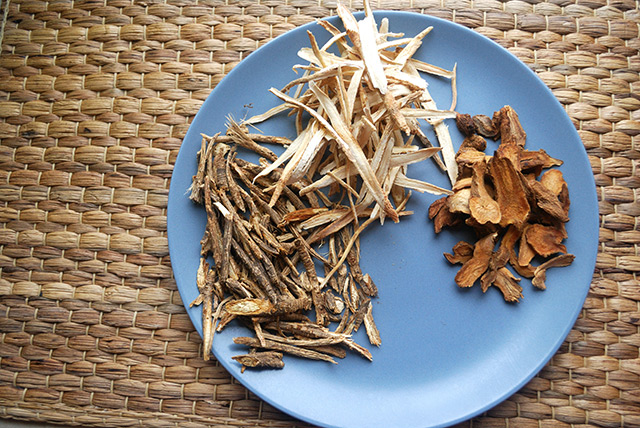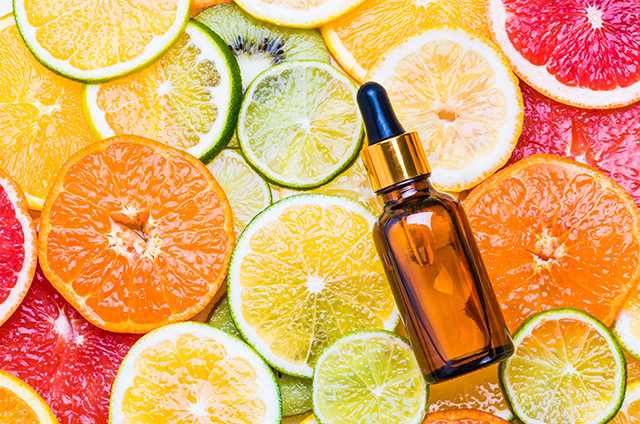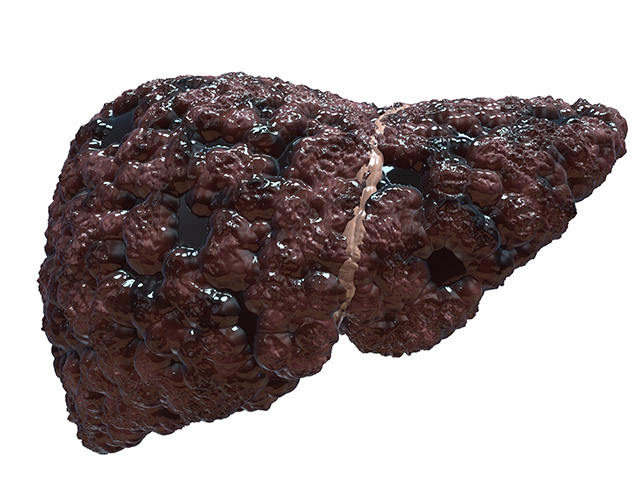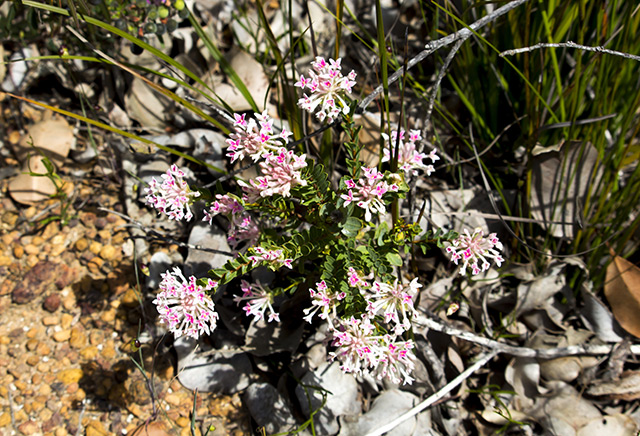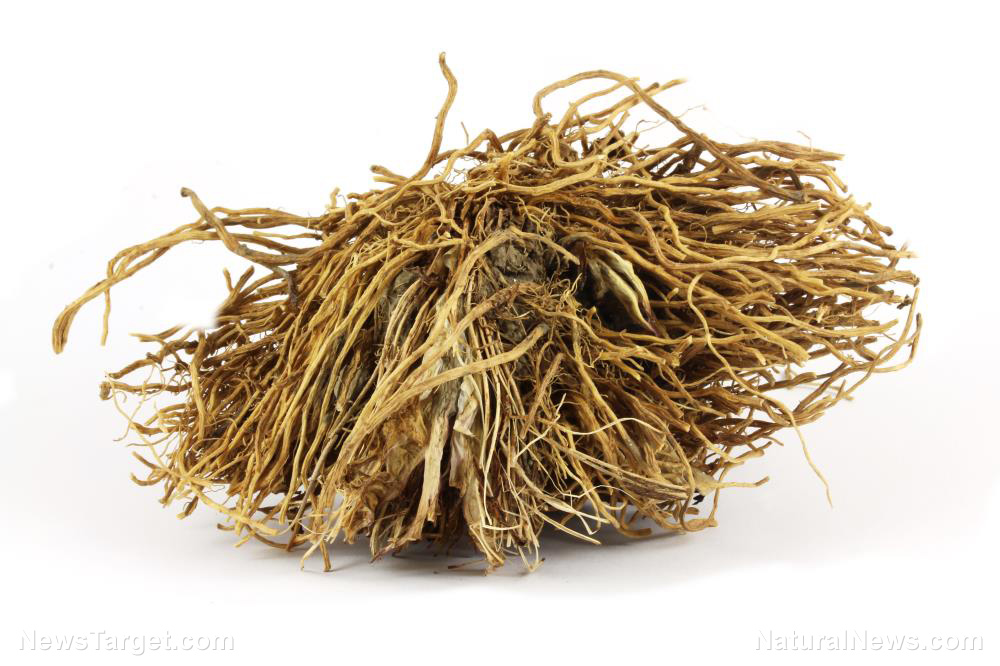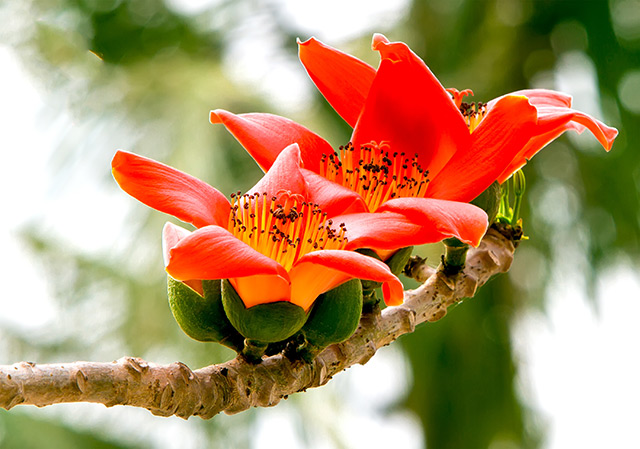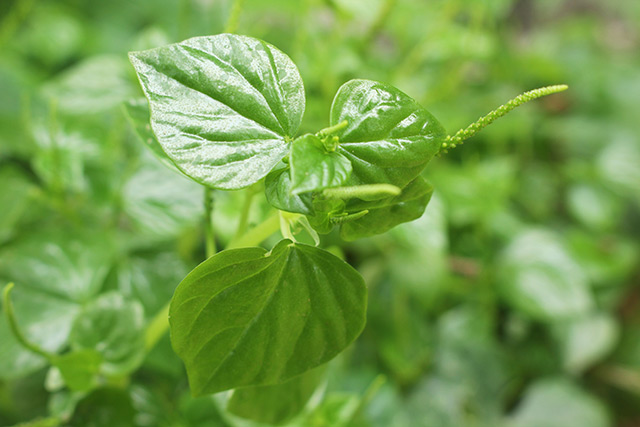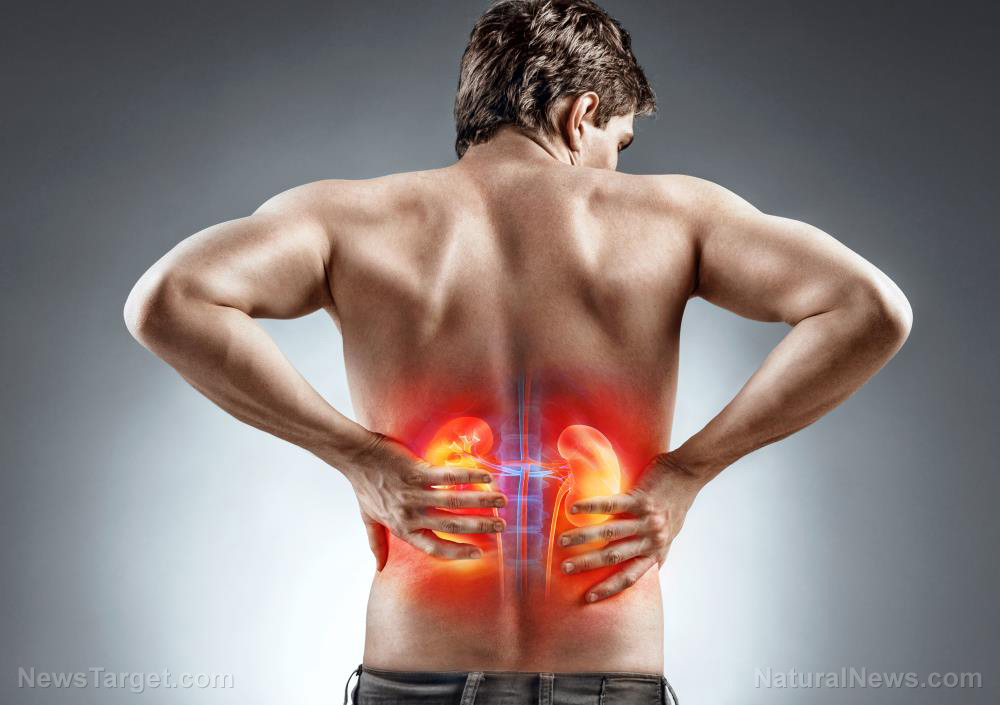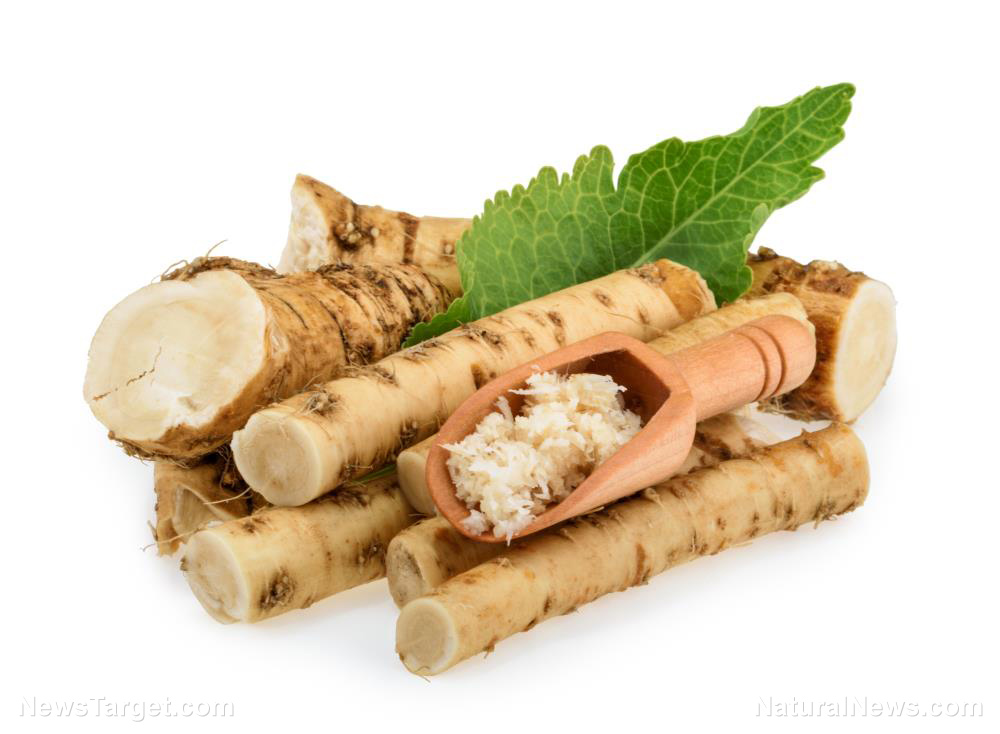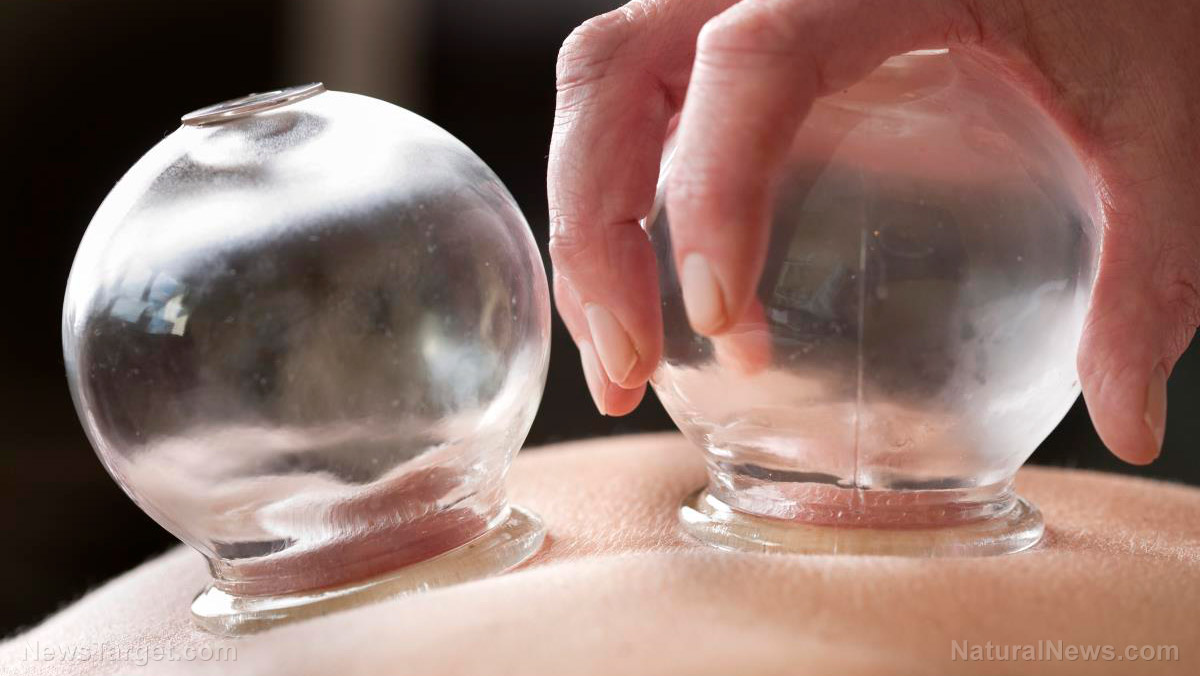The effects of probiotic supplementation on animal gastrointestinal parasites
10/09/2018 / By RJ Jhonson
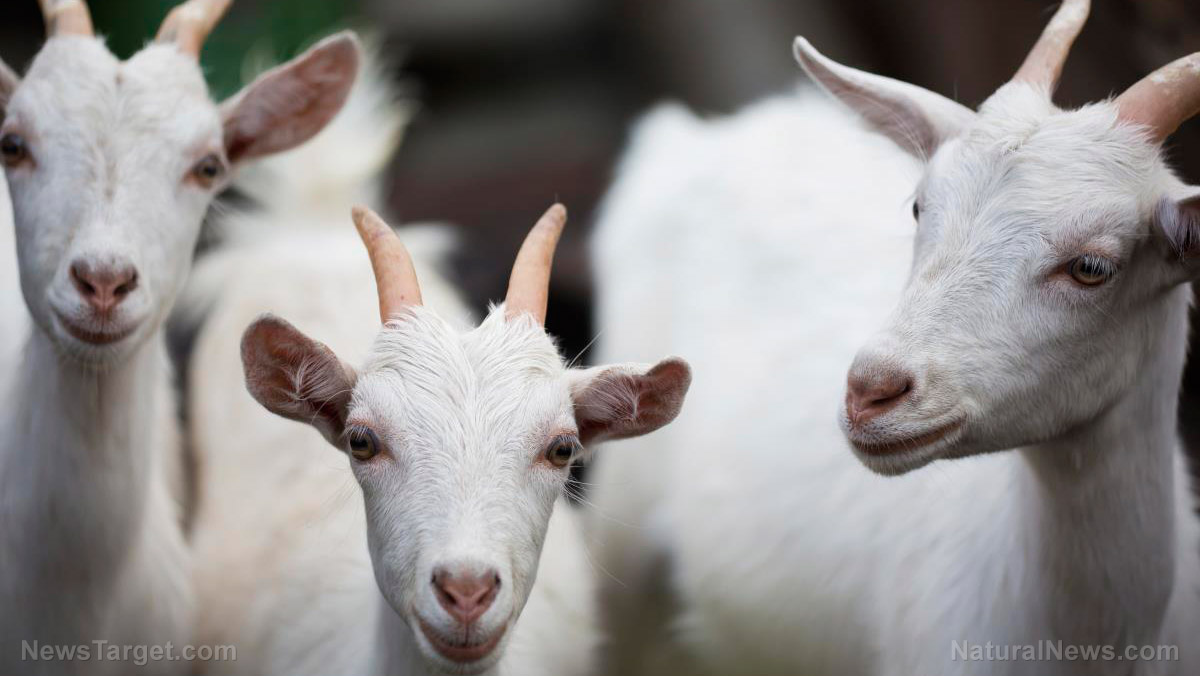
Haemonchus contortus, more commonly known as barber pole worm, and specific species of coccidia cause severe parasitic diseases in goats. A study published in the American Journal of Animal and Veterinary Sciences looked into the effects of drenching with probiotics on the populations of these gastrointestinal parasites.
- The researchers drenched three kid goats with a combination of Bifidobacterium longum, Bifidobacterium breve, Lactobacillus acidophilus, Lactobacillus reuteri, and Lactobacillus rhamnosus. The treatment was given from birth until the animals were four weeks old. An age-matched control group was given sterile water instead of probiotics.
- Every week, the researchers took the animals’ body weight, fecal egg count, FAMACHA scores, packed cell volume (PCV), and white blood cell differential count. They also took note of changes in pro-inflammatory cytokines, prostaglandin2 (PGE2), and immunoglobulin E (IgE) levels.
- At the end of the study, the researchers noted increases in fecal egg count in the treatment group. Haemonchus eggs per gram increased by 100, 90, and 120 percent in weeks two, three, and four respectively. Coccidia eggs per count increased by 70 percent by the third week.
- Furthermore, the treatment group showed 50 to 300 percent increases in pro-inflammatory cytokines in weeks two, three, and four. These increases were all in comparison to data from the control group.
- However, no significant changes were recorded in PCV, body weight, white blood cell differential count, FAMACHA score, PGE2, and IgE levels. Diarrhea, a common symptom of diseases caused by both parasites, was also non-existent in either the control or the treatment group.
- While there was no doubt that the treatment group experienced increases in the population of both parasites, the absence of any change in parameters like FAMACHA score, body weight, and white blood cell differential count, as well as the absence of diarrhea indicated that an infection did not occur. The increase in pro-inflammatory cytokines was interpreted as a natural response to the rise of parasite populations and not the presence of an infection.
The researchers concluded that it’s possible that probiotic supplementation may not have much of an effect on healthy animals. They did admit, however, that several factors, such as the timing of treatment, the parasite and probiotic species, and the natural ability of ruminants to degrade probiotics may have been involved. They recommended further studies on the subject.
Read the full text of the study at this link [PDF].
Learn how to keep your pet animals healthy at PetHealth.news.
Journal Reference:
Gyenai KB, Worku M, Tajkarimi M, Ibrahim S. INFLUENCE OF PROBIOTICS ON COCCIDIA, H. CONTORTUS AND MARKERS OF INFECTION IN GOATS. American Journal of Animal and Veterinary Sciences. 2016;11(3):91–99. DOI: 10.3844/ajavsp.2016.91.99
Tagged Under: barber pole worm, coccidia, coccidiosis, goat care, goats, livestock, nutrition, parasites, parasitic disease, parasitic infection, probiotic drenching, probiotic supplementation, probiotics, supplements


